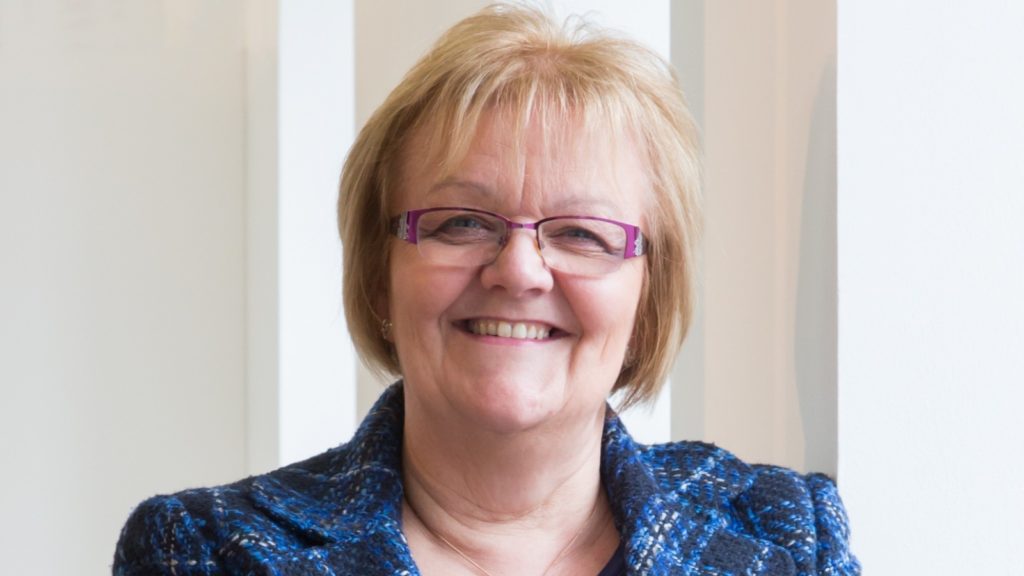Yvonne Orgill, MD at the Unified Water Label Association, (UWLA) calls on KBB retailers to embrace water efficiency and gain commercial advantage or risk restrictive Government intervention.

KBB retailers could miss out on commercial gain if they do not fully embrace the water efficiency message and work together to self-regulate the industry.
Opportunities are being missed for retailers to help consumers understand the benefits of using water wisely, and give them the information they need to make responsible water-saving choices.
Sponsored Video
By supporting the Unified Water Label, a smart solution developed by the industry, retailers will be supporting manufacturers that have developed these products, which can help consumers use less water in the home.
The Unified Water Label empowers consumers to make choices favouring more water efficient fixtures and appliances, without compromising on quality of experience.
By working together to change consumer behaviour we can make a positive change.
Restricting consumer choice or banning products, which is likely to be part of the Government’s proposed solution, will only lead to a backlash, with consumers and others finding substandard products and ways around the legislation.
The latest plan from Government, the ‘Integrated Plan for Water’ unveiled by Environment Secretary Thérèse Coffey in April, makes clear their intention to restrict certain products.
The plan includes a key action, ‘improving water efficiency in homes by developing minimum product standards for showers, taps, and toilets’.
The same plan includes a new legally binding target under the Environment Act 2021 to reduce the use of public water supply in England per head of population by 20% by 2038.
There is also a commitment to publish its plans for a mandatory water label in May, this year, with a view to delivering this by 2025.
The UWLA has responded to the consultation on the mandatory label and continues to work with government to illustrate how the Unified Water Label, can meet their objectives, without spending money on developing a new mandatory label.
There are huge implications for retailers and others if a mandatory route is chosen, most of them will not benefit the industry, and the Unified Water Label Association believes that there are serious flaws in the government proposals.
A mandatory label will be significantly more expensive than a voluntary one, and a mandatory system will take away the flexibility that the industry now has to operate a system that meets their needs.
Enforcement is likely to be inefficient allowing poor quality products into the market and a reduction in standards that could lead to more water being used and even health risks.
Retailers are on the front line, able to influence and educate consumers directly on how much water different products use, as well as the consequences of their actions and behaviour in the home once these products are purchased.
Changing behaviour is key to success, and retailers have a unique opportunity to bring this dialogue to their customers. With over 160 brands supporting the Unified Water Label, and around 17,000 products currently registered, there is no shortage of products for retailers to promote.
The Unified Water Label Association has also developed a range of tools and marketing packs to help retailers.
The packs have been developed to help retailers drive home the water efficiency message and help consumers understand the link between using water, energy and their carbon footprint.
The pack includes a range of tools, flyers, posters, social media posts and videos, with tips and advice on how to save water in the home.
A guide to using the Unified Water Label in the showroom is also underway. This will demonstrate how retailers can display the Unified Water Label whilst maintaining integrity of showroom design.
Now is the time for KBB retailers to work with us for the benefit of the industry, and for their own commercial gain, to promote our own recognised and industry led smart tool, the Unified Water Label.
Together we can achieve greater visibility in the marketplace and drive forward significant changes in attitudes to water and energy efficiency.



